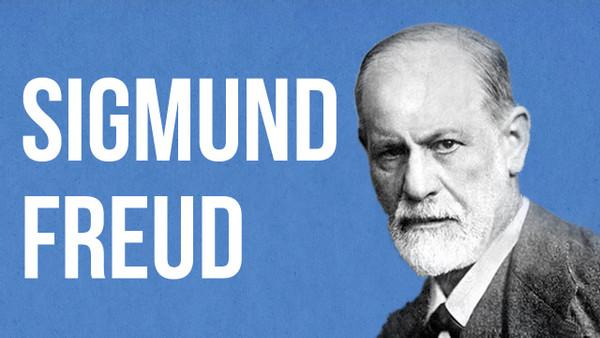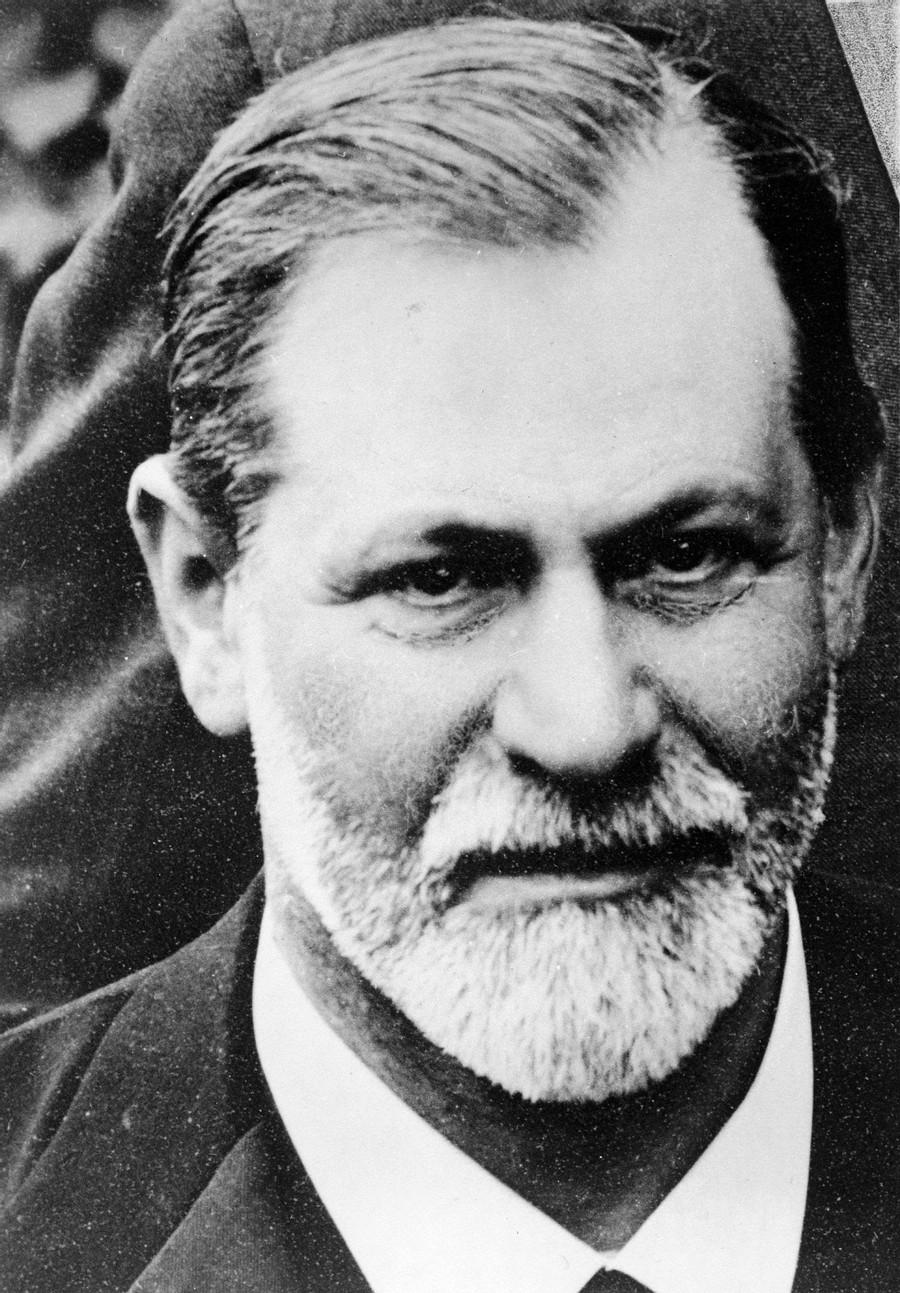Explore the World's Best Ideas
Join today and uncover 100+ curated journeys from 50+ topics. Unlock access to our mobile app with extensive features.
Sigmund Freud, the founder of psychoanalysis
Freud helps us understand why our lives and relationships are full of problems and pain. He explains why life is hard and how to cope.
Despite his success in later years, he was often unhappy. He stated during some research he recorded, "The chief patient I am preoccupied with is myself." Perhaps because of this, Freud gained deep insights into the sources of human unhappiness.
39
377 reads
The pleasure principle
Freud proposed that humans are driven by the pleasure principle, which gives people easy physical and emotional rewards and drives them away from unpleasant things like drudgery and discipline.
Freud argued that infants were guided by the pleasure principle. However, indulging in pleasure without constraints will lead to dangerous, reckless things like never doing any work or overeating or sleeping with members of one's own family.
35
333 reads
The reality principle
Freud believed we needed to adjust to the reality principle. There are better and worse kinds of adaptations. The bad ones he called neuroses.
Neuroses are the result of faulty negotiations with the pleasure principle.
36
313 reads
The personality is composed of three elements
- The ID is driven by the pleasure principle.
- The superego is driven by a desire to follow the rules and do the right social thing.
- The ego has to accommodate the two.
41
311 reads
The origins of neuroses in a child
To understand the dynamics of the three elements, Freud refers to the origins of our neuroses in childhood in distinct phases.
- The oral phase: Dealing with the feelings around ingestion and eating. We might pick up on all kinds of neuroses, such as taking pleasure in refusing food, or overeating.
- The anal phase: Testing the limits of authority.
- The phallic phase ends around age 6. Freud insists that children have sexual feelings and direct them towards their parents. He described the Oedipus complex, where children are predisposed towards "being in love with one parent and hating the other."
37
234 reads
Civilisation and its Discontents - 1930
In this book, Freud wrote that society can give us many things, but by imposing heavy dictates on us: insisting that we sleep with only a few, imposing the incest taboo, requiring us to put off our immediate desires, demanding that we follow authority, that we work to earn money.
He states that societies function by being neurotic and that it is the reason for wars and other difficulties.
35
199 reads
Psychoanalysis as a treatment for neurosis
Freud attempted to invent a treatment for neuroses, namely psychoanalysis. He thought proper analysis could uncover what troubles people and help to adjust reality.
He analysed a number of key things.
- He looked at people's dreams, which he described as wish fulfilment.
- He looked at revealing slips of the tongues, we know as Freudian slips.
- He said we used jokes to relieve our anxiety about topics like death or marriage.
34
222 reads
IDEAS CURATED BY
Cynthia Fowler's ideas are part of this journey:
Learn more about psychology with this collection
Effective communication
Persuasion techniques
Closing a sale
Related collections
Similar ideas
4 ideas
The Ultimate Test of Your Social Skills
The School of Life
6 ideas
How to Remain Calm With People
The School of Life
4 ideas
The Importance of a Breakdown
The School of Life
Read & Learn
20x Faster
without
deepstash
with
deepstash
with
deepstash
Personalized microlearning
—
100+ Learning Journeys
—
Access to 200,000+ ideas
—
Access to the mobile app
—
Unlimited idea saving
—
—
Unlimited history
—
—
Unlimited listening to ideas
—
—
Downloading & offline access
—
—
Supercharge your mind with one idea per day
Enter your email and spend 1 minute every day to learn something new.
I agree to receive email updates




